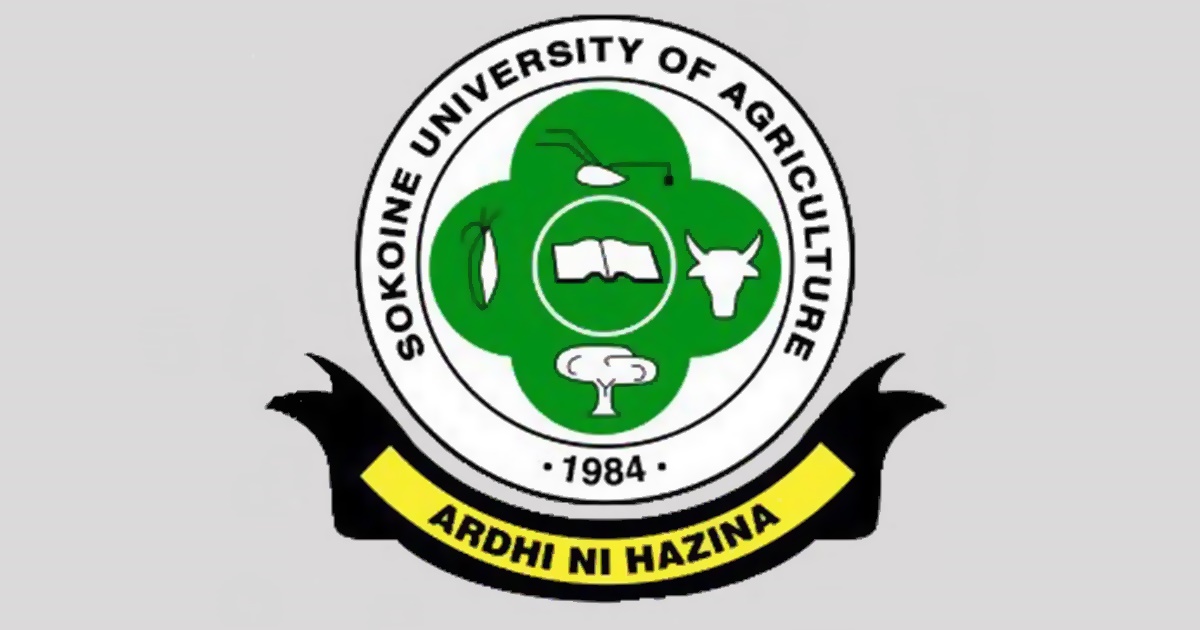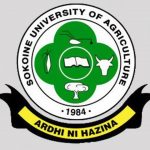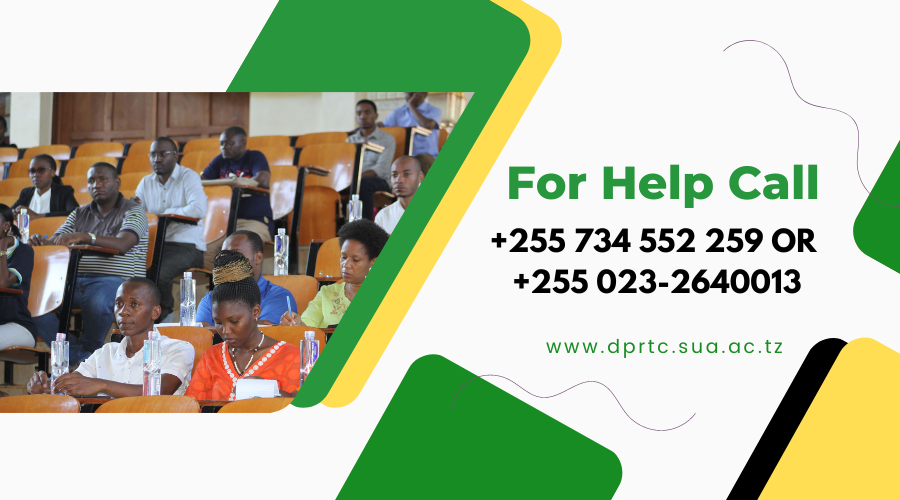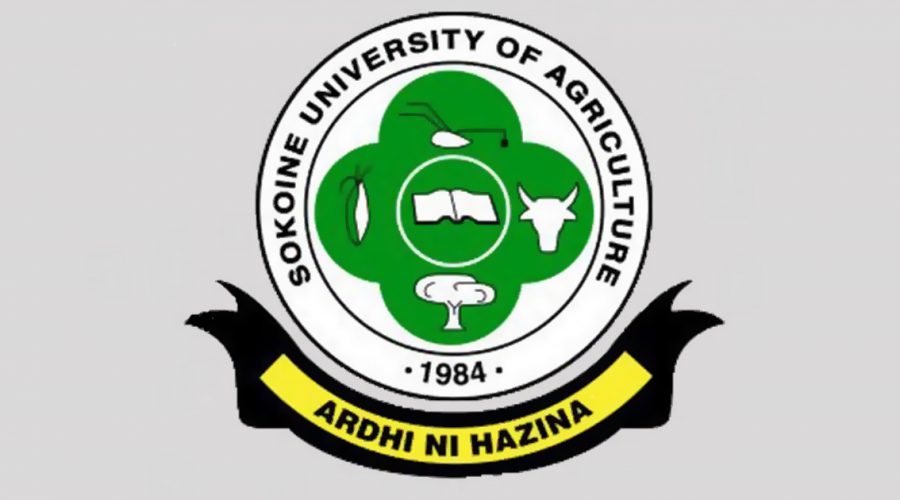Candidate: Edward P. Mbwambo
Mr. Edward Mbwambo is employed as Assistant Lecturer at Mwalimu Julius K. Nyerere University of Agriculture and Technology (MJNUAT), from June 2017 to date, in the Department of Agricultural Economics and Finance. He registered with Sokoine University of Agriculture (SUA) in July, 2018 to pursue PhD studies in the Department of Development Studies (DDS), College of Social Sciences and Humanities (CSSH).
Thesis Title: Efficiency of Farmers’ Coping and Adaptation Strategies against Climate Variability and Change in Agricultural Production, Tanzania
Supervisors: Prof. Samwel J. Kabote and Prof. Benedict B. Kazuzuru
Date and time: 5th October, 2022 at 09:30am
Venue: Postgraduate Seminar Room
Mode: Face to Face/Online
Panelist members:
| S/N | Name of Panel Member | Status of Appointment | Remarks |
| 1 | Prof. Z.S.K. Mvena | Chairperson | |
| 2 | Dr. Tumaini Allan | Appointee of the CSSH Principal | |
| 3 | Prof. Kim A. Kayunze | Internal examiner | Not Supervisor |
| 4 | Dr. Edwin Ngowi | Internal Examiner | Not Supervisor |
| 5 | Dr. Halima O. Mangi | Appointee of the Head, DDSS | Recorder |
Summary of Main Findings
Agriculture remains the main source of livelihood for rural communities in Tanzania but faces the challenge of climate variability and change (CV & C). Understanding farmers’ coping and adaptations to CV & C and factors influencing the adoption decision is necessary for the agriculture of small-scale farmers. Despite increasing studies on CV & C coping and adaptation strategies and factors influencing their choices in Tanzania, information about the technical efficiency of farmers’ coping and adaptation strategies are inadequate. This is important in designing realistic strategies and policies for agriculture production.
The results show the main coping strategies included; selling of livestock, off-farm employment, decrease meals consumption, and supplementing livestock feeds. The frontier results show that improved seeds and coping strategies significantly lead to high sorghum production, while off-farm employment and decreasing meals significantly improved TE of sorghum small-scale farmers. In addition, households’ characteristics influenced the choice of coping strategies and TE of sorghum production. These include; age, sex, education, household size, farm size, farming experience, technology uses, annual income, access to credit, extension services, livestock ownership, and shift in rain season.
Concerning adaptation strategies, the main ones were planting drought-resistant crops, early maturing crops, resistant livestock breeds, and conservation agriculture. The results show that farm size, hired labor, and adaptation strategies significantly lead to high sorghum production, while drought-resistant crops, drainage systems, and conservation agriculture (adaptation strategies) had a significant impact on TE of sorghum production. Results of Multivariate Probit Model (MVP) and Stochastic Frontier Analysis (SFA) showed that sex, education, farmers’ organization, access to credit, farming experience, the technology uses, age, annual income, extension services, a shift in rain season, livestock ownership, and household size had a significant influence on the farmers’ choice of CV& C adaptation strategies and TE on sorghum production.






